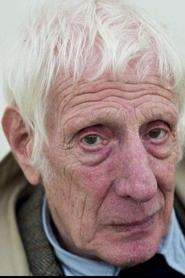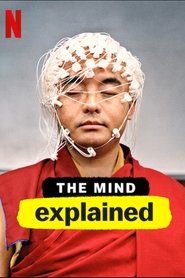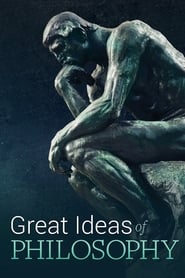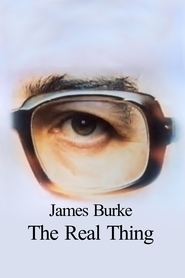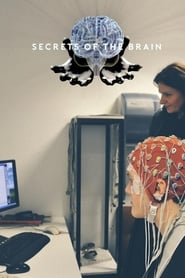
States of Mind
Series of programmes about psychology, in which Jonathan Miller talks to eminent psychologists about their theories and beliefs.
- Created By
- First Aired on
Feb 20, 1983
- Popularity: 4.9991
- 0 votes
- Networks
- (GB)

- Production
BBC (GB)
- Status: Ended
Show Ended
1 seaons till Jun 04, 1983
Last episode: Thomas Szasz
Seasons & episodes
Total 1 seasons, 15 episodes

Season 1
Aired

Episode 1George Miller min
Professor George Miller, from Princeton University, explains what psychology is, what psychologists do, and the importance of the Second World War to the study of human behaviour.

Episode 2Jerome Bruner min
Professor Jerome Bruner, from the New School for Social Research in New York, explains how the study of the 'mind', once a dirty word in psychology, has revolutionised the exploration of our mental lives. He also discusses insights into the growth of the infant mind and describes some of his own work with children.

Episode 3Richard Gregory min
Until the present century vision was often regarded as a simple process - the eyes provide the brain with pictures of the outside world, and the brain just looks at them. We now know that visual perception is one of the most complicated functions that the human brain performs. Professor Richard Gregory, from the University of Bristol, shows how the study of illusions has demonstrated how much of what we see ' out there' is actually generated from within.

Episode 4Daniel Dennett min
Until recently psychologists shunned questions about the philosophy of 'mind' in the belief that they were tedious and unanswerable. Professor Daniel Dennett , from Tufts University in Boston, describes how the study of computers and artificial intelligence has helped philosophy and psychology to enjoy a more fruitful relationship.

Episode 5Stuart Hampshire min
One of Sigmund Freud's most important contributions to psychology was the notion of an unconscious mind which can guide our behaviour in curious and unexpected ways. This has not only given rise to a whole new branch of psychiatric treatment - psychoanalysis - but has transformed the way in which people think about .themselves and their actions. Stuart Hampshire, Warden of Wadham College, Oxford, discusses the significance of Freud's 'discovery'.
Top Cast
Crew & Team
Producer
Producer


